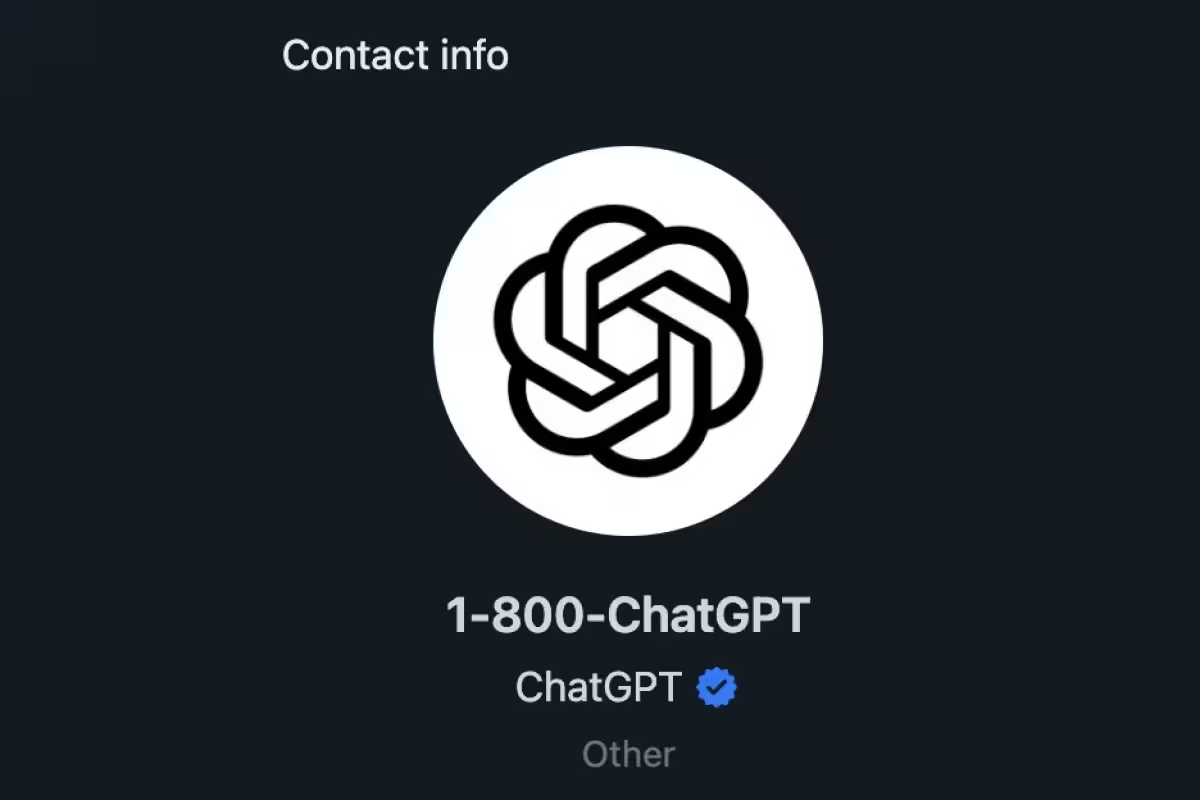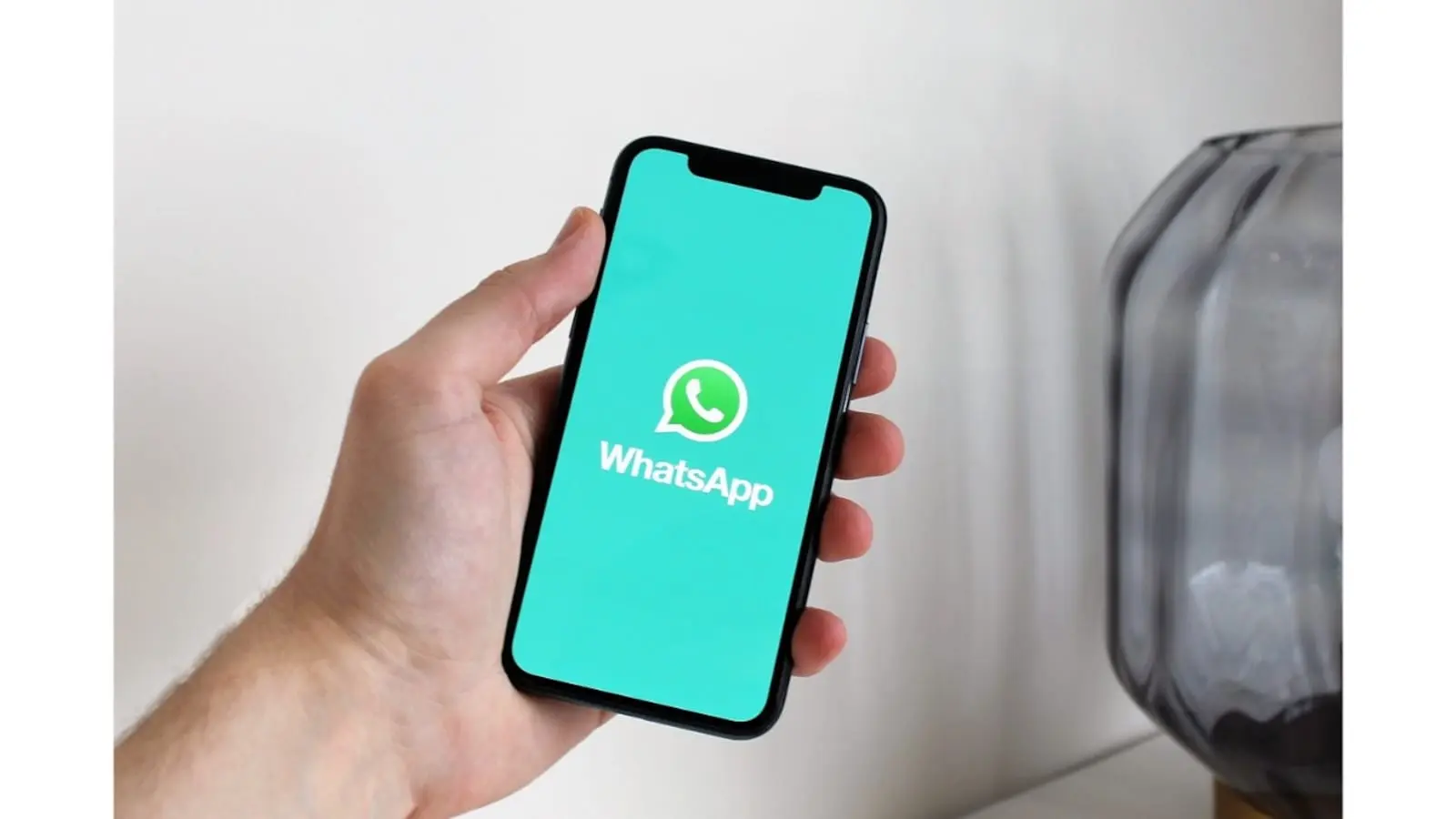3 Minutes
WhatsApp will prohibit non-Meta large language model (LLM) chatbots inside the app beginning January 15, 2026. The policy update affects consumer and business accounts that rely on third-party assistants such as ChatGPT and Microsoft Copilot — with a narrow exception for certain business-facing bots that serve customers.
What’s changing and when it takes effect
Meta updated WhatsApp’s terms of service to block the use of any AI chatbot that is not provided by Meta inside the messaging platform. The rule drops on January 15, 2026 — the final day users can interact with ChatGPT, Copilot or other non-Meta AI chatbots inside WhatsApp. OpenAI signaled its WhatsApp exit last month, and Microsoft confirmed Copilot will be removed this week.
Who is impacted — consumers and businesses
Everyday users who installed or accessed third-party chat assistants in their WhatsApp conversations will need to stop using those integrations. Many businesses that embedded ChatGPT or Copilot into customer workflows will also be affected, though Meta carved out a limited exception: companies that operate AI bots explicitly to serve customers on WhatsApp may continue under the platform’s rules.

Practical implications: migration, data and limitations
- Chat history: WhatsApp says users of ChatGPT will be able to migrate their WhatsApp chat history. However, Copilot users won’t have the same migration option.
- Service disruption: Integrations that rely on third-party LLMs will stop working inside WhatsApp after the cutoff date, which may break automated replies, bots, and internal tools that route through the messaging app.
- Privacy and control: Meta’s move appears aimed at consolidating AI services within its ecosystem, affecting how user data is processed when AI features are used inside the app.
Why Meta might be doing this — and what it means
There are several likely motives: increasing control over the user experience, reducing third-party access to message content, and steering businesses and users toward Meta’s AI offerings. For users, it means fewer choices inside WhatsApp but potentially tighter integration with Meta’s own generative services. For developers and vendors, the change forces a platform pivot — either move to Meta’s developer programs or accept that WhatsApp will no longer host a third-party LLM interface.
How to prepare
If you rely on third-party chatbots in WhatsApp, start planning now. Quick steps:
- Export and back up conversations you want to keep, especially if you use ChatGPT inside WhatsApp and need those histories preserved.
- Contact your AI provider to learn migration options — some vendors may offer tools to port data to other platforms.
- For businesses, review WhatsApp Business API terms and explore approved bot solutions that comply with Meta’s new rules.
- Assess alternatives: consider using the AI provider’s web or standalone mobile apps, or switch to supported integrations outside WhatsApp.
Meta’s January deadline gives several weeks for users and companies to adapt, but the change marks another step in the tightening relationship between major platforms and third-party AI services. Watch for further clarifications from WhatsApp about enforcement, permitted business bots, and migration tools as the date approaches.
Source: gsmarena


Leave a Comment